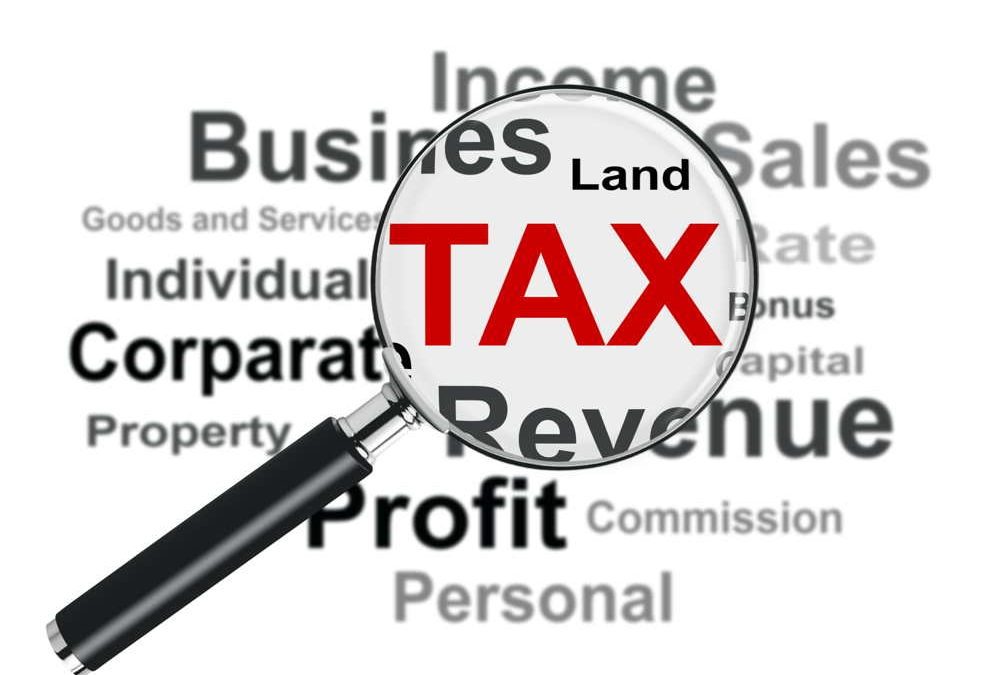
A Digest of David Mwangi Ndegwa v Kenya Revenue Authority High Court Civil Suit 541 of 2015 [2018] eKLR
Many of us are generally familiar with Title to land whether inherited, purchased or otherwise acquired, but what is land really? What rights does your Title confer? How do you define its boundaries by width, length, depth and height?
When you buy and sell land or ‘property’ as it is commonly referred to, are you supposed to pay VAT (Value Added Tax) for it? What if you have not added any value or it is undeveloped? What if it is a property of mixed use? These are some of the questions that came up in the case of David Mwangi Ndegwa v KRA.
Facts of the Case
David Mwangi Ndegwa the Plaintiff purchased a piece of land known as Kiambu Town Block/11/74 together with buildings and developments on it on 11/1/2013. The property was classified “Commercial” and he claimed that he was compelled to pay VAT of 16% on the purchase price the sum of Kshs.11,200,008, which he paid under protest. He then went to court seeking among other things a declaration that VAT is not chargeable/payable on a transaction for sale of land whether or not the buildings thereon are residential or commercial buildings.
What is Land?
The definition of land is best explained by the Latin maxim Cujus est solum, ejus est usque ad coelum et ad inferos, which means whoever owns the Land owns everything above it to the heavens and everything below to the center of the earth.
Article 260 of the Constitution of Kenya 2010 states that Land includes;
- The surface of the earth and the subsurface rock; any body of water on or under the surface;
- Any body of water on or under the surface;
- Marine waters in the territorial sea and exclusive economic zone;
- Natural resources completely contained on or under the surface; and
- The air space above the surface.
A question arises whether you can distinguish and separately transact in land without the development on it. You have probably taken time to read your Title document and the description on it would generally read “……All that piece of land situate ……. Containing measurement ….. or thereabouts that is to say LR. NO. ……..” interestingly, it does not mention any buildings or developments if any on the land. Your Title is for land and not buildings. Buildings are a development on land and so would a borehole or a water tower and are treated as part of the land.
The VAT Act No. 35 of 2013
In order to understand the dispute in question we must look at the provisions of the VAT Act as regards supplies which are exempt from VAT.
Section 2 of the VAT Act provides that ‘exempt supplies’ means goods and services which are not subject to VAT. Exempt supplies are provided for in the First Schedule of the VAT Act, Part 1 provides for goods which are exempted from VAT and Part II services that are exempt.
The disputed provision was Paragraph 8 of Part II it states that; “The supply by way of sale, renting, leasing, hiring, and letting of land or residential premises shall be exempt supplies.” It further provides that Residential premises does not include hotel or holiday accommodation. Car parking services and conference/exhibition services are also not exempt supplies except where the conferencing and exhibition services are provided to education institutions as part of learning.
KRA’S argument that Paragraph 8 does not exempt commercial premises seems valid at face value, except that the provision not only states residential premises but also Land. As we stated earlier, Land not only includes the surface of the other but also whatever is on top or below it.
Determination
The issue the Court had to determine was the interpretation of Paragraph 8 and whether commercial premises fall within exempted supplies. The Court concluded that the sale, leasing, renting or hiring of Land or Residential premises are exempted from VAT and that as per the Constitution Article 260 Land includes whatever is on the Land whether residential or commercial. Since the Plaintiff purchased Land he was not liable to pay VAT on the purchase price.
The Court also found Paragraph 8 to be ambiguous as it allowed a presumption that commercial premises are not exempt yet the Constitution itself defines what Land is. It asserted that taxes can only be levied with express provisions statute and that cannot be said of Paragraph 8. The Court declared that, VAT is not payable on a transaction for the sale or purchase of land whether or not the buildings thereon are residential or commercial and directed the Defendant to refund the VAT paid together with Interest.
Conclusion
The taxman can be intimidating to deal with, this coupled with the fact that tax laws are sometimes deliberately broad and ambiguous means they can be interpreted to impose tax obligations when there should not be any. It is therefore crucial that before proceeding to pay any tax you seek an opinion on whether there is any foundation in Law.
References:
- The Constitution of Kenya
- David Mwangi Ndegwa v Kenya Revenue Authority High Court Civil Suit 541 of 2015 [2018] eKLR.
- Value Added Tax Act, Cap 476.
- McGill Law Journal, Vol 8. The Maxim ‘Cujus Est Solum Ejus Usque ad Coelum’ as applied in Aviation, by Yehuda Abramovitch.
Categories
Recent Posts
- > Inheritance-Where there is no Will (intestacy) April 27, 2024
- > How to apply for a Temporary Passport April 26, 2024
- > How to Acquire a Driving License April 25, 2024
- > How to Register a Patent April 24, 2024
- > Parental Responsibility for Children April 24, 2024

